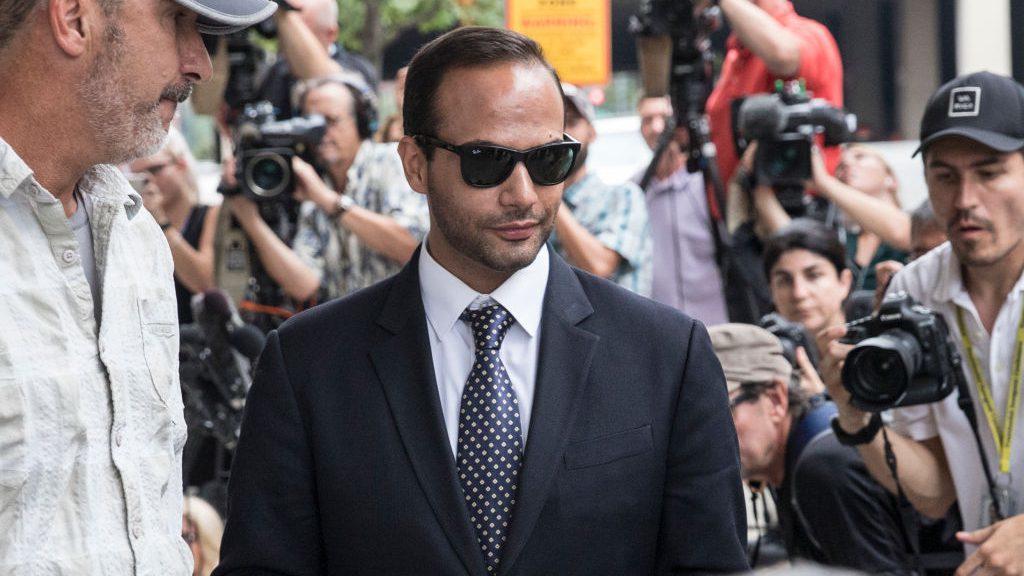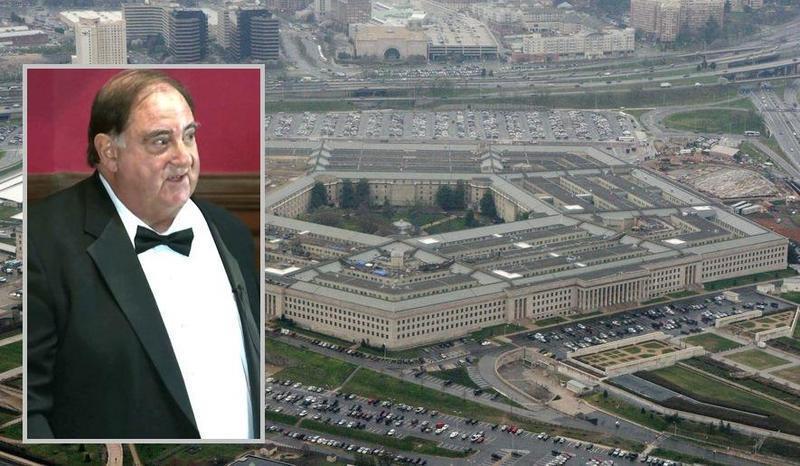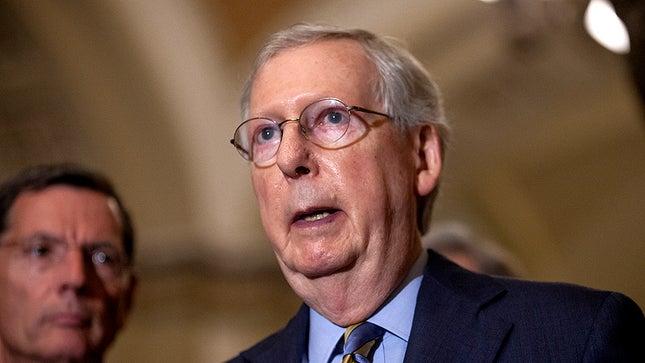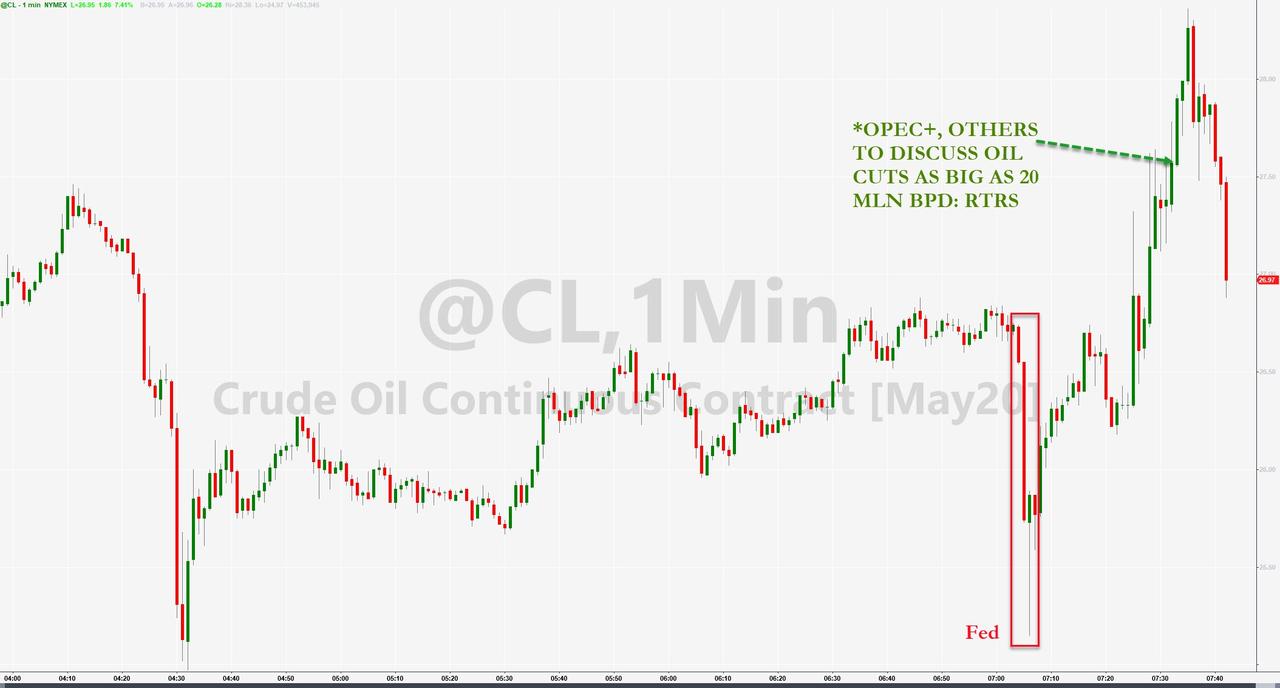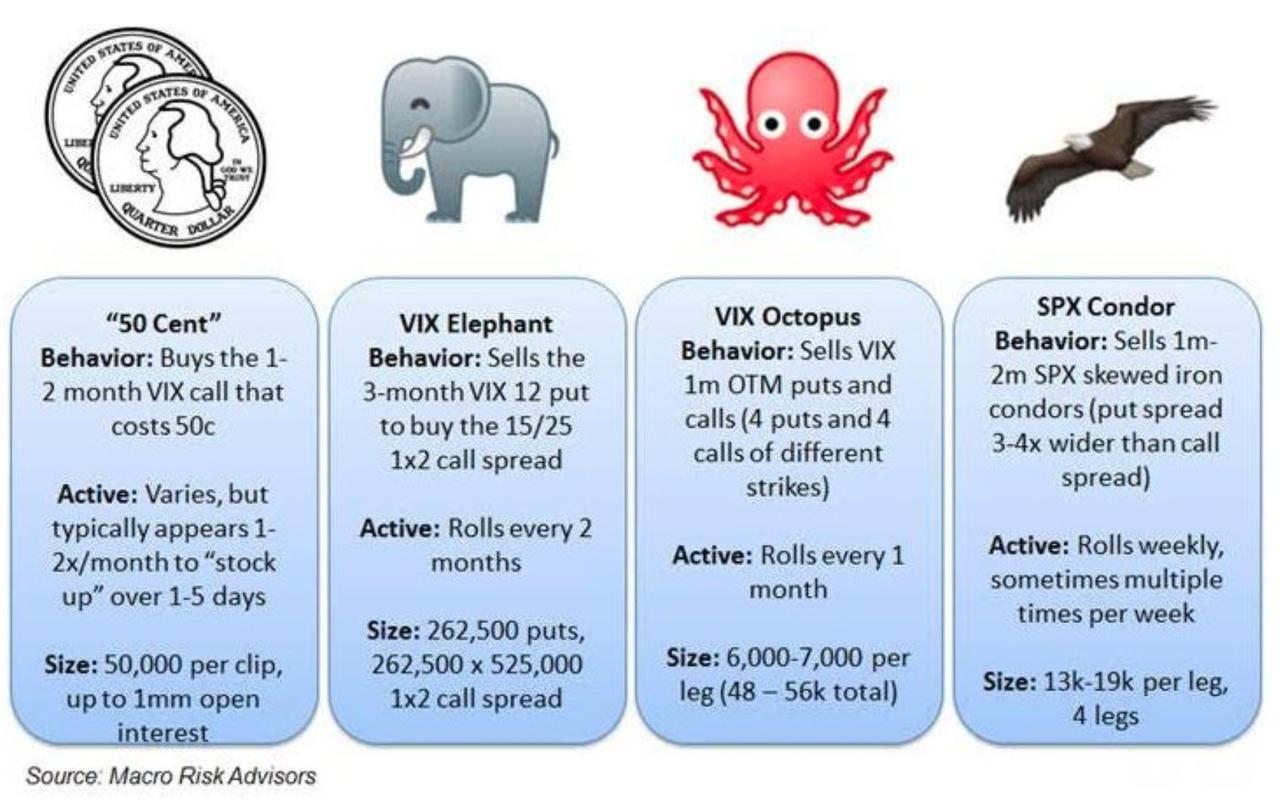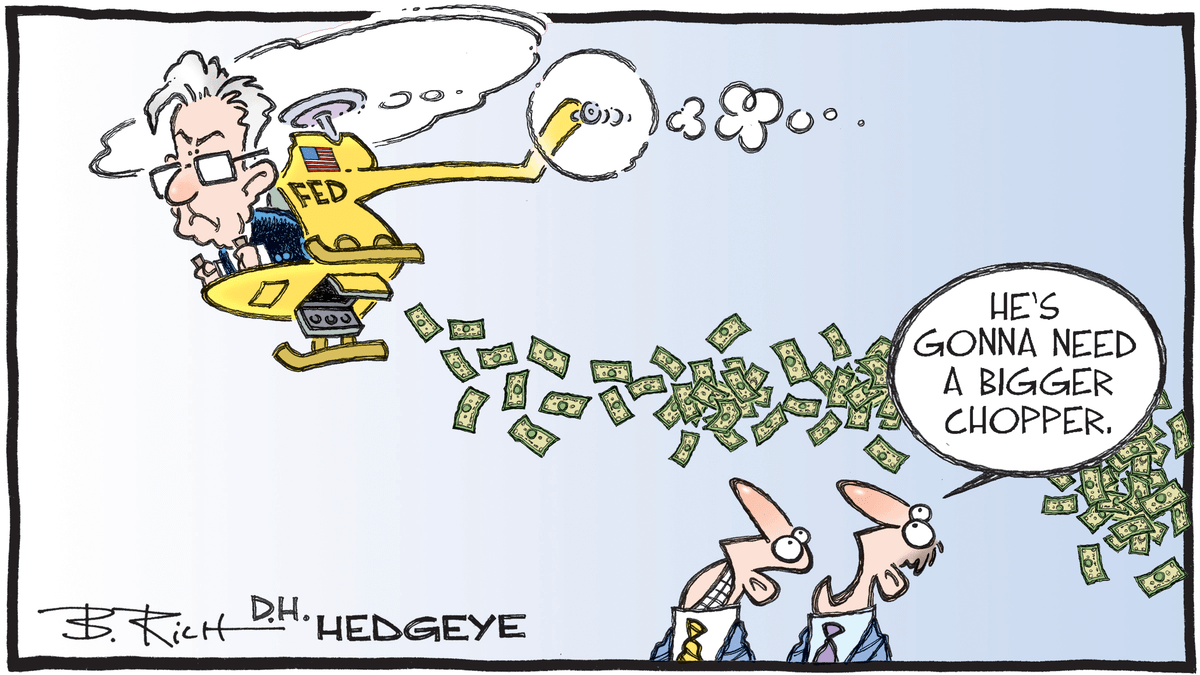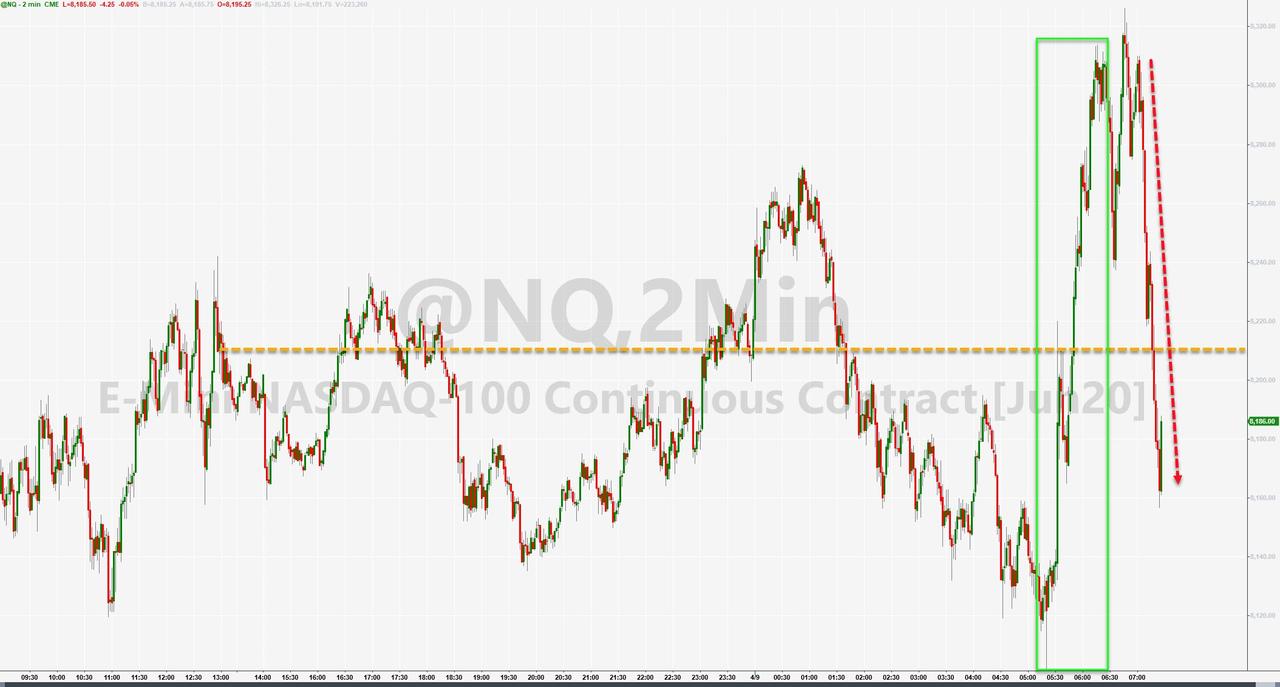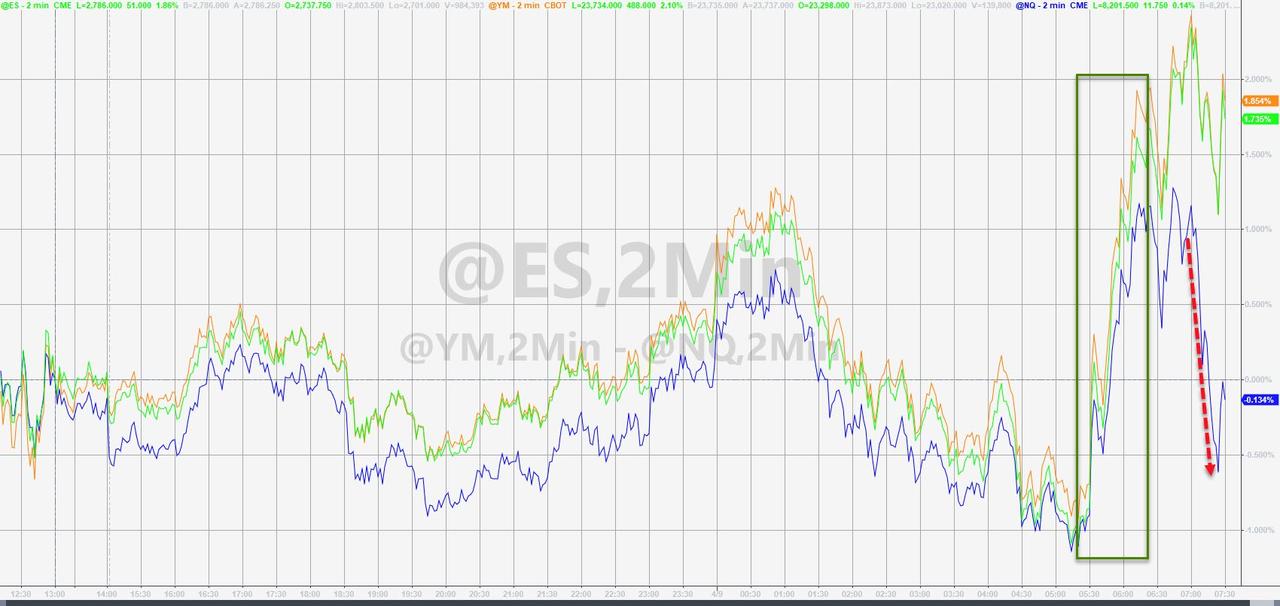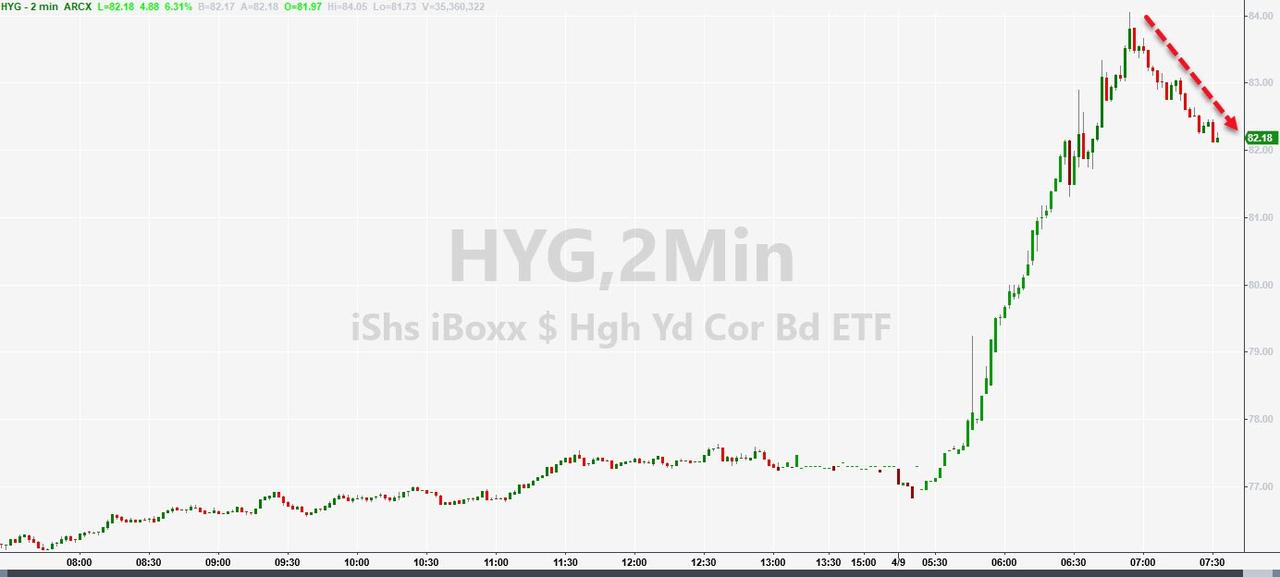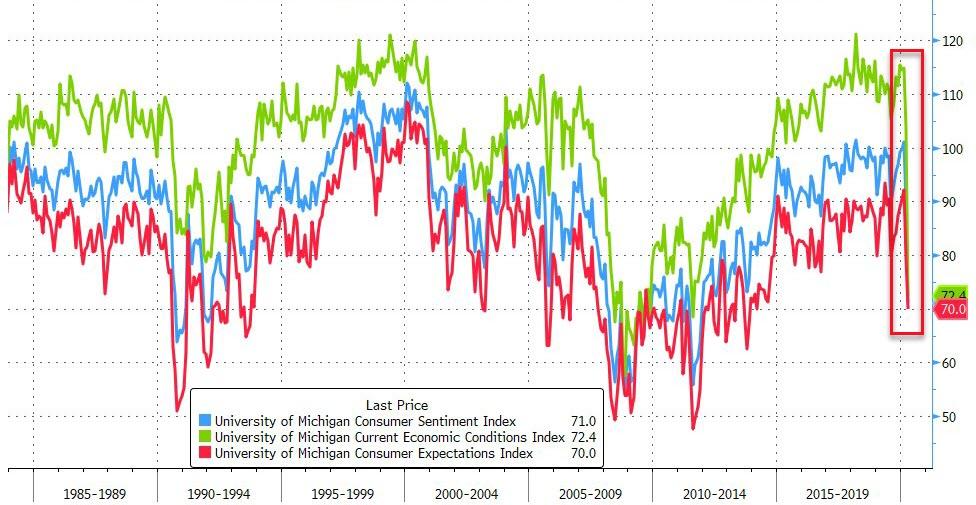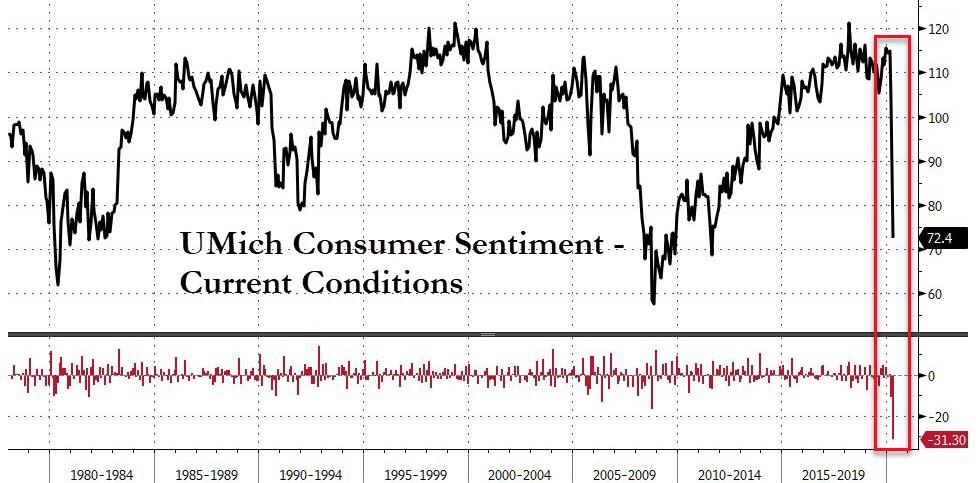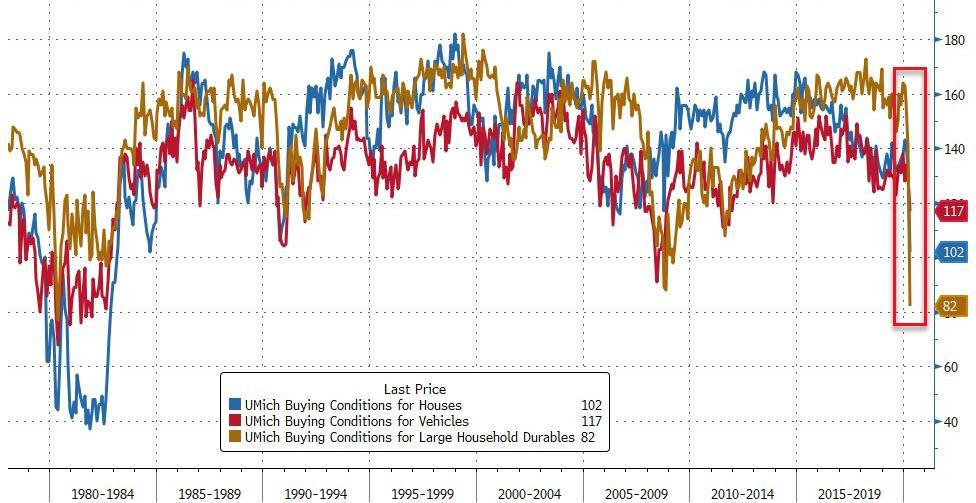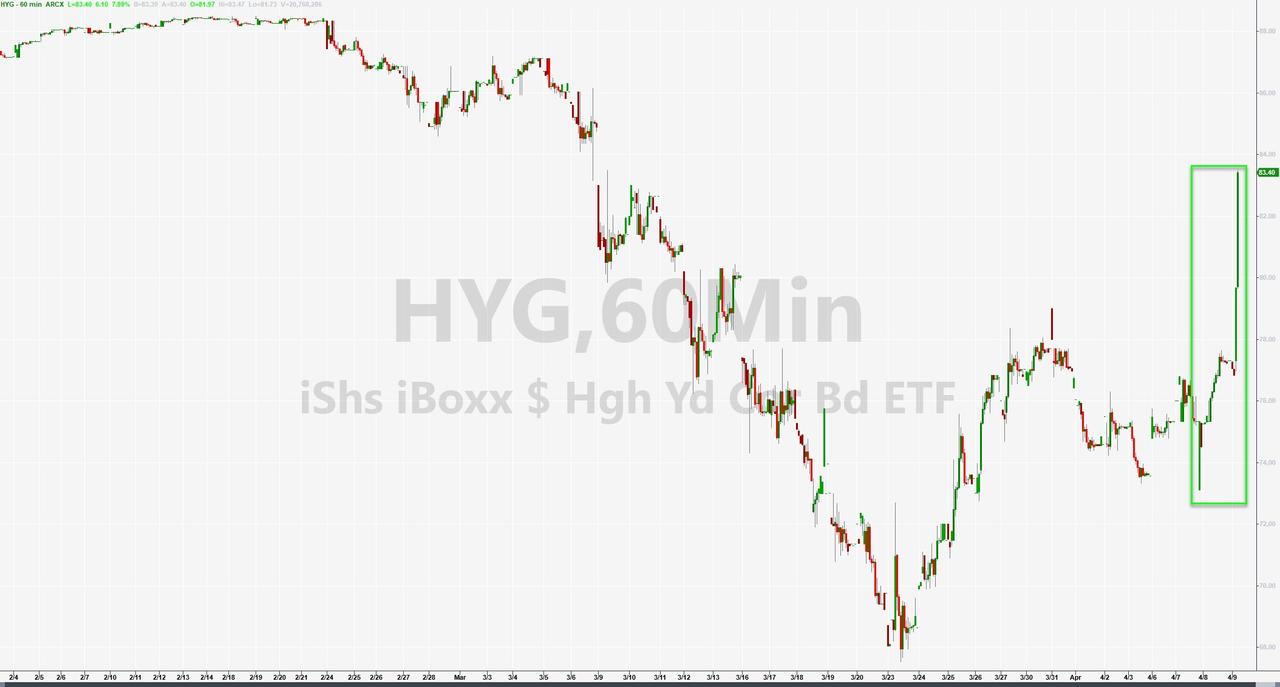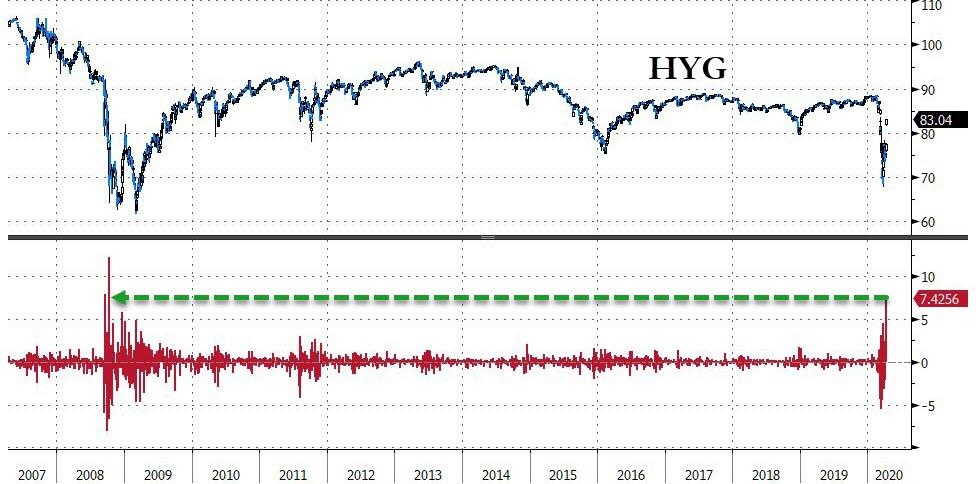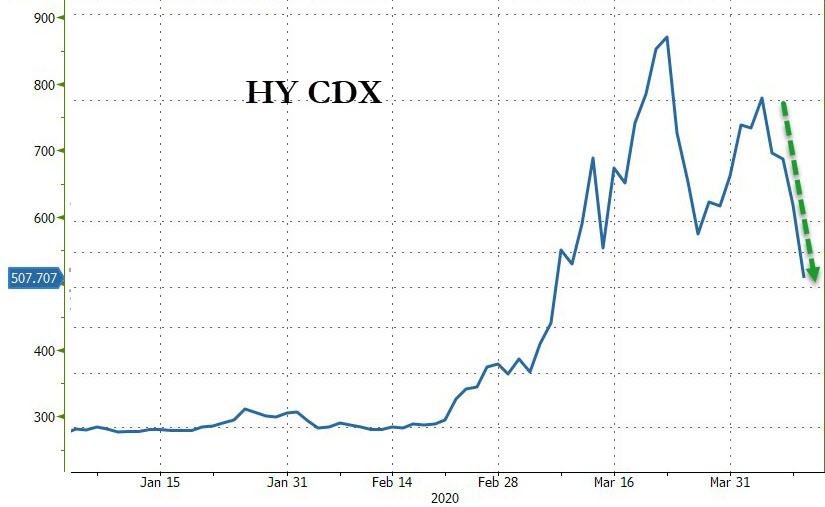Bernie Led The US To The Holy MMT Land But Didn’t Get To Go In
From Michael Every of Rabobank
For once there are headlines that are not 100% virus-focused. First, the US presidential election officially became a two-horse race when Bernie Sanders decided to follow the advice from The Highlander: “You know what they say? It’s better to Bern Out than fade away.” So now there is only The One – Joe Biden. (Who, like Bernie, one could believe if uttering the words “I am Connor MacLeod of the Clan MacLeod. I was born in 1518 in the village of Glenfinnan on the shores of Loch Shiel.” – for the wrong reasons.)
Earlier in the year we had written a Through The Looking Glass report imagining what a Sanders presidency might look like – that is not going to happen. Yet we already have multi-trillion USD fiscal deficits and the Fed and Treasury inserting themselves into the very middle of every economic pie in what looks a lot like the MMT we suggested Bernie would be open to: we even have cheques being sent out to virtually everyone – as the smaller part of the bailout. Bernie, like Moses, led the US to the Holy MMT Land but didn’t get to go in.
As to the US election in November, will Bernie voters back Biden, or Trump, or Bern Out completely? And what position is Biden going to take on de facto MMT? ‘Let’s get back to small government’ or ‘we do big government better’? Of course, he’s also got another decision to make: does he cede the China card to Trump, or go the same way? A Washington Post survey yesterday showed that 77% of respondents blame China for the coronavirus, including 67% of Democrats; 71% say US firms should pull back manufacturing from China; 69% support Trump’s tough trade policies; and 54% say China should pay reparations(!) This is not a backdrop that suggests US-China tensions are going to be easing any time soon.
Tensions that are easing, apparently, are on the oil front. Today will see the key meeting that will decide if global oil output is slashed or not – and suggestions are that this time Russia will agree to it, which just leaves the wild-card Saudis, who started the whole race to the bottom of the bottom. Oil prices are up in the Asian session on the presumption that something gives here. If true, it is obviously good news for oil producers – and it’s another kick in the teeth to oil consumers. One of the only economic stimulants that people were able to feel in recent weeks, even if they could not get out and benefit from it directly, was lower oil prices: now they may re-set back to a more normal recent range….which will up the ante on the government to do even more fiscally, of course. So more MMT.
The Fed’s minutes last night surprisingly had nothing to say about how they see this all working out economically. As our Philip Marey notes, “The most conspicuous aspect of these minutes is not what is in them, but what is not: the first set of FOMC projections in 2020. Perhaps they don’t want to further undermine economic confidence, and blend in later with the range of gloomy projections by private sector forecasters that are already out there, but this is a notable deviation from the usual transparency in the post-Greenspan Fed.” Well, there are lots of central-bank deviations happening as we move from Bagehot to Bags-o’-money.
And there need to be. The UK’s lockdown is set to be extended beyond next week, which should not be a surprise with a PM still in intensive care; the WHO, making themselves even more unpopular with the White House, have warned that it is still far too soon to be looking to ease lockdowns in places like Europe; Tokyo’s governor has said PM Abe’s COVID-19 measures aren’t tough enough and wants more businesses closed; and a study based on China’s experience published in The Lancet claims that levels of lockdown cannot properly end without a vaccine – a point echoed by Bill Gates in a recent interview, although he refers to ”mass gatherings”. (Or even The Gathering.)
So to those markets eagerly pricing for full recovery – “Patience, Highlander.”
Which is also appropriate advice for those watching Europe, where we are apparently no closer to any political resolution on the Coronabonds issue that will allow the Eurozone to act as aggressively on the fiscal front as the US and UK, among others, are doing. Yesterday had a Reuters source story suggesting the ECB has told the Eurogroup that EUR1.5 trillion is needed as fiscal support to keep Europe above water, and that Germany and the Netherlands replied that a maximum of EUR500bn would be on offer. “There can be only one” springs to mind – and that someone thinks they are immortal.
Tyler Durden
Thu, 04/09/2020 – 11:45
via ZeroHedge News https://ift.tt/3c2c7Gc Tyler Durden
